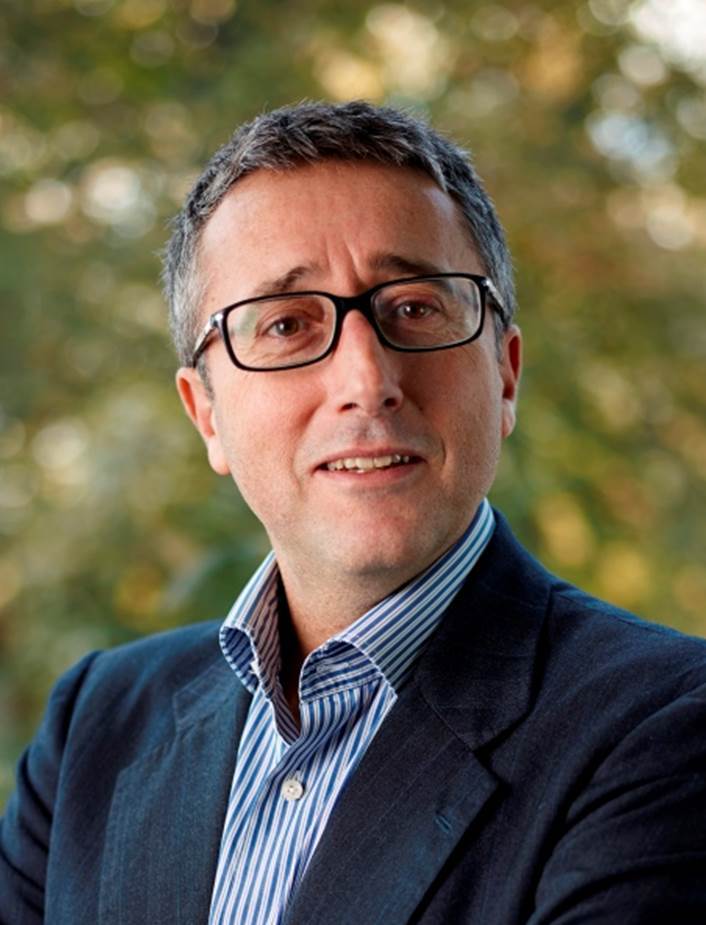
The Oil and Gas Authority’s (OGA) technology guru has said that sharing the risk on large well campaigns will help put an end to the industry’s race-to-be-second mentality.
Carlo Procaccini said good technology underpinned all aspects of the oil and gas life cycle.
But he said a scarcity of funding and a fear of risk-taking were stifling the desire to come up with the technology needed to deliver the MER UK objectives.
Mr Procaccini said there had been a tendency for companies to shy away from being the first to launch technology, preferring the safer option of coming a fast second.
Mr Procaccini said: “Companies have found that when they apply the technology first, they don’t get the benefit the first time or even the second.
“They only have a few shots they can fire. If I’m a company and I’m planning to drill five wells over the next three years, if the first doesn’t work and the second doesn’t work, where is my business case?
“So that is where we want to help the industry come up with collaborative solutions.”
Mr Procaccini said one option would be to create a system whereby companies share in the successes and failures of large campaigns in which scores of wells are drilled.
He said: “For example, if company A has the first and tenth wells, and company B has the second and eleventh, and so on, then you spread the risk. The first one or two wells might disappoint, but from the sixth well onward, you will make a lot of money.”
Mr Procaccini was speaking at MER UK in Practice at the Aberdeen Exhibition and Conference Centre this week.
The full-day event was aimed at explaining how the OGA intends to regulate, influence and promote the UK continental shelf to maximise economic recovery (MER).
Mr Procaccini said a lack of investment was another barrier to technological advancements.
He said: “Technology can be a very expensive business, in particular if you want to mature it. In the early stages you just need a small lab to do the research, but when you actually try to take it offshore you need to start spending tens of millions of pounds to qualify it. It becomes a serious business.”
“We do rely a lot on the injection of public money, which happened recently to support the industry through the Oil and Gas Technology Centre. But that’s only an initial solution. Let’s leverage that by putting private money alongside it to help it grow.”
“We want to attract other investors into the Silicon Valley into oil and gas. We need investors from other industries to create that churn of funding, such as venture capitalists.”
Recommended for you

